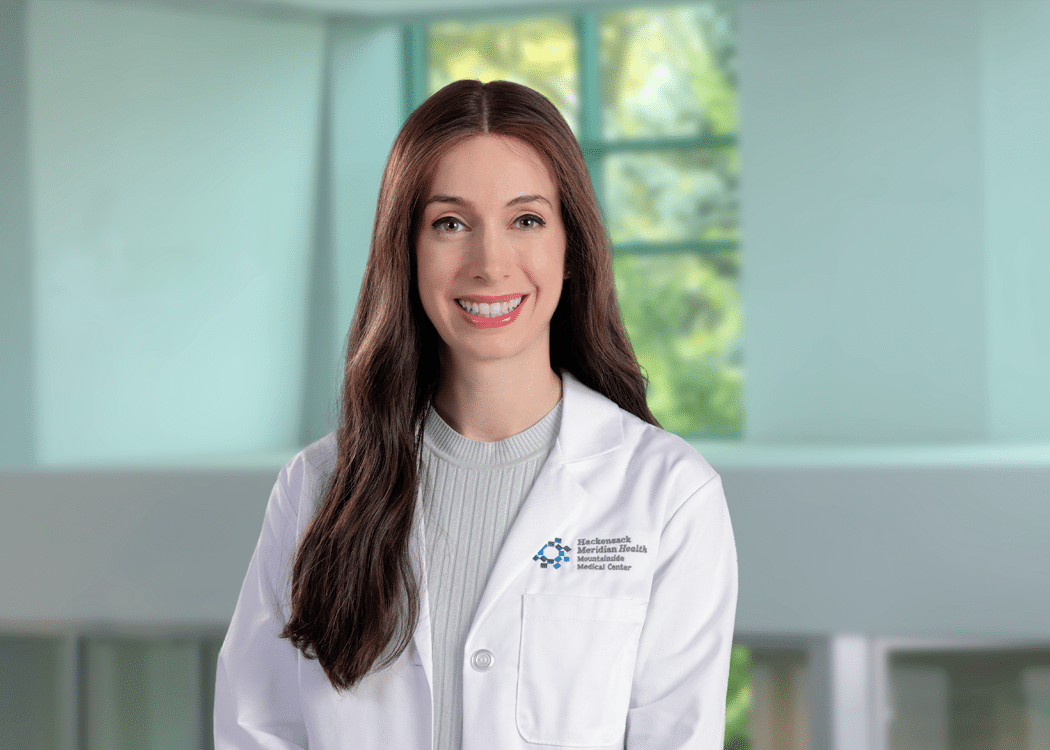The role of midwives stands as a beacon of compassionate and personalized care during one of life’s most transformative experiences – childbirth. But what exactly is a midwife and what do they do? Today, we sit down with Batsheva “Eva” Bane, a certified nurse midwife whose expertise and experiences shed light on the art and science of midwifery. In this interview, we delve into the multifaceted world of midwifery, exploring the vital role these professionals play in women’s wellness and guiding expectant mothers through the journey of pregnancy and childbirth.
What is a Midwife?
Midwives are licensed health professionals. We specialize in low-risk obstetrics and gynecology. We are uniquely qualified to care for females throughout the reproductive life cycle, for both general gynecological and reproductive care. Midwives may prescribe and refer as required but are independent healthcare providers.
What does a Midwife do?
Midwives’ responsibilities range from providing care for females from adolescence to menopause, including reproductive and sexual health. We can prescribe contraception, manage the insertion and removal of contraceptive devices, perform annual gynecological examinations, and perform pap smears. Additionally, we are licensed to provide care for women during pregnancy and attend births.
How are midwives different from OBGYNs?
If you’re looking for a holistic, patient-centered approach to care, a midwife may be the right choice for you. While evidence-based care is ever-evolving, it’s also grounded in the reality that pregnancy and childbirth are physiologically normal, and most pregnancies require minimal intervention. Our mission is to guide you and your loved ones through this journey in a holistic, all-encompassing way. Midwifery care supports women and their loved ones emotionally, psychologically, physically, spiritually, and culturally throughout the entire pregnancy.
What is the process of a c-section when delivering with a midwife?
Most midwives are Certified Nurse Midwives (CNMs) and practice in hospitals. In many midwifery settings across the country, midwives work collaboratively with coordinating physicians to care for patients in the event of an obstetrical emergency. Midwives are licensed and certified to recognize obstetrical emergencies, and should an emergency arise, we contact the physician and/or hospital to expedite the patient’s transfer. In the event of an emergency, our physician colleagues are available in-house 24 hours a day, 7 days a week, 365 days a year.
Are there different types of midwives and does midwife’s credentials change their ability to practice?
A Certified Professional Midwife (CPM) is a midwife who has completed their training as a midwife and has completed their preceptorship as a midwife. They are licensed by the North American Registry of Midwives (NARM) to practice in approximately 30-34 states with most of their training taking place outside of hospitals. There are no undergraduate or graduate degrees related to this profession or licensure.
At Mountainside Medical Center, our midwives are Certified Nurse Midwives (CNM) who have completed a graduate or doctorate-level program. We began our training as a nurse first and completed graduate or doctorate-level programs to obtain our Certified Nurse Midwife degree. We then completed and passed the American Midwife Certification Board exam.
What type of expectant mother should consider a midwife instead of an OBGYN?
If you are a low-risk patient planning on having a baby, a midwife may be the right choice for you. Studies have shown that midwifery practices are associated with a reduced risk of operative labor, cesarean section, and a higher rate of satisfaction and breastfeeding. If you are looking for a holistic, low-intervention form of care that can meet the needs of their patients in a comprehensively holistic manner, midwifery may be the best option for you.
What should women and or their families consider when choosing a midwife?
When selecting a midwife, it is important to consider the birth setting. You may prefer a home birth, birth center, or hospital birth. Most midwives have a particular birth setting or a birth location, that they are associated with. The CNMs at Mountainside deliver in a hospital setting. Additionally, different midwives have different styles. This style should be in line with your needs as an individual, as this is a significant life event, and we want you to feel comfortable throughout your care.
What is the difference between a midwife and a doula?
Midwives and doulas are two distinct types of healthcare providers. Midwives are licensed to provide medical care in the same manner as any other healthcare provider and can work independently and or collaborate with other medical professionals to provide a person with the full range of care they may require. Doulas, on the other hand, are trained to aid during a significant life transition or event, such as pregnancy, childbirth, or postpartum, and are intended to provide physical, emotional, or informational support to patients, but are not independent healthcare providers.
What are the limitations of the delivery process for a midwife?
Midwives are unable to provide comprehensive care for those who are at high risk of developing obstetrical complications. Those who are diabetic, have high blood pressure or have had a stroke or blood clot may not be suitable for midwife care and should be managed by a medical professional, such as an OBGYN or a specialist in high-risk perinatology and maternal-fetal medicine.
For additional details or to schedule an appointment visit our website or call 973-341-3434.

